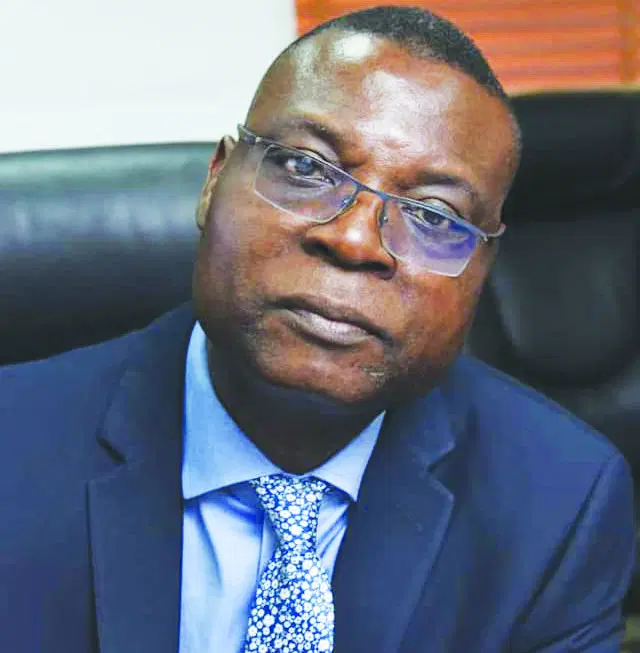In response to ongoing concerns from readers about my stance on the Nigerian Communications Commission (NCC), I’d like to clarify: there’s no personal animosity here. Rather, my interest stems from a passion for seeing the regulator rise from what I perceive as a period of underwhelming performance to reclaim its status as a leader in telecommunications regulation.
Having worked both inside and outside the system as a journalist, regulator, and now columnist, I remain keenly aware of the need for the NCC to adapt and innovate. Last week, the NCC showcased its resilience to criticism, addressing significant decisions and actions that could initiate a much-needed renaissance for the telecommunications industry, which has faced numerous challenges.
A Bold Move Towards Transparency
A source within the NCC revealed that the organization is committed to transparency, even when faced with hard decisions. One major development was the rebasing of Nigeria’s telecommunications subscriber statistics. In March 2024, the subscriber base was reported at 219,304,281, but by September 2024, this number had plummeted to 153,323,316. This decline was largely due to the NCC’s decision to update subscriber statistics based on the Nigerian Population Commission’s (NPC) recent population estimates.
Historically, rebasing has had mixed reactions in Nigeria. For example, when the economy was rebased in 2014, Nigeria’s GDP increased significantly, positioning it as Africa’s largest economy. However, the recent rebasing of telecom statistics raised eyebrows and prompted discussions about the implications for the industry.
The Factors Behind the Decline
Two main factors contributed to the decline in subscriber figures:
- Revised Population Statistics: The NCC updated its telecommunications data to reflect a new population estimate of 216,783,381, which replaced the outdated figure of 190 million from 2017. This change resulted in a significant drop in teledensity from 115.63% to 102.30% and broadband penetration from 45.47% to 40.85%. Such adjustments were long overdue, with previous regulators hesitant to present these figures due to potential backlash from political leaders.
- Completion of the NIN-SIM Linkage Policy: This policy, which aimed to link all SIM cards to a valid National Identification Number (NIN), officially concluded on September 14, 2024. The NCC announced that over 154 million lines had been successfully linked, providing a clearer picture of active users in the market.
A Step Towards Accountability and Compliance
The NCC’s recent actions demonstrate a commitment to introducing metrics that enhance accountability and transparency in the telecommunications sector. With the completion of the NIN-SIM linkage, the NCC is poised to address various industry challenges, including:
- Service Reliability: Ensuring that telecommunications services are dependable.
- Consumer Satisfaction: Improving user experience and addressing customer grievances.
- Regulatory Compliance: Ensuring that telecom operators adhere to established regulations.
- Network Resilience: Enhancing the reliability of telecommunications infrastructure.
- Transparent Marketing Practices: Clarifying data bundling and marketing practices for subscribers.
Conclusion
While the NCC has faced criticism, the recent changes indicate a willingness to confront challenges head-on. By embracing transparency and accountability, the commission can potentially revitalize the telecommunications sector in Nigeria. As a stakeholder in this narrative, I remain hopeful that these efforts will lead to a more robust and responsive regulatory environment that benefits both the industry and its consumers.

